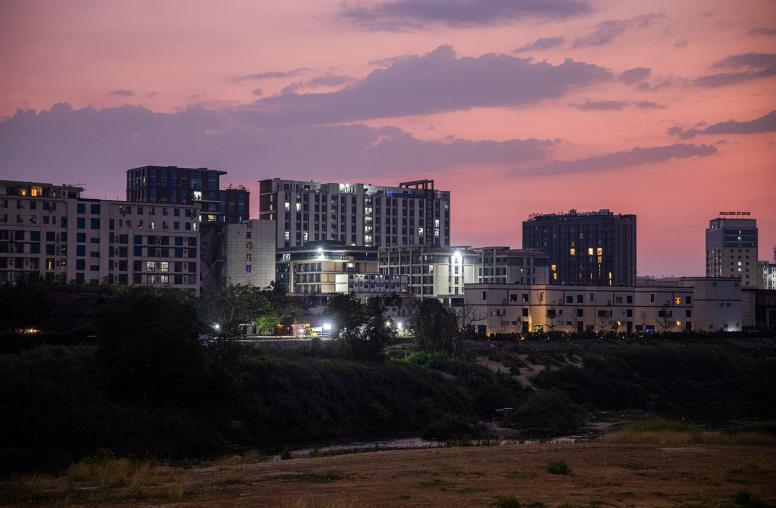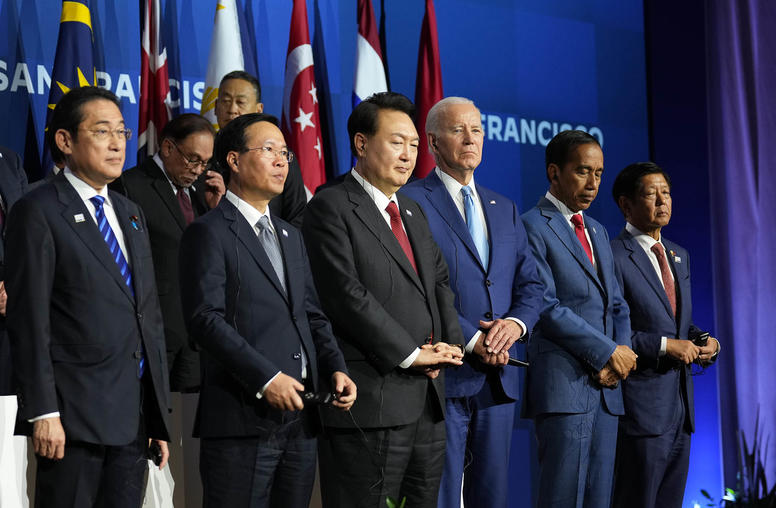Conspiracy of Silence
The Insurgency in Southern Thailand
THE USIP BOOKSTORE IS TEMPORARILY UNAVAILABLE
In this eye-opening volume, the author examines the roots of the current southern Thai conflict, gives a detailed overview of the present crisis, documents the flight of the south's Buddhist community, and argues that the Thai government has woefully misplayed its hand.
“Abuza has long been one of America’s leading experts on terrorism and insurgency in Southeast Asia. Conspiracy of Silence is easily the most informative book on the nature of the conflict in southern Thailand and the weakness of the Thai government’s response so far.”
—Daniel Byman, Georgetown University
A sectarian-based insurgency has raged in southern Thailand since January 2004, leaving three thousand dead and thousands more injured. Although southern Thailand has witnessed numerous periods of secessionist conflict, the present insurgency is different in two significant ways: it has radical jihadist overtones, and it has been marked by an unprecedented level of violence.
Drawing heavily on original research and meticulous fieldwork, Zachary Abuza brings to the fore several issues that thus far have been ignored. In this eye-opening volume, he examines the roots of the current southern Thai conflict, gives a detailed overview of the present crisis, documents the flight of the south's Buddhist community, and argues that the Thai government has woefully misplayed its hand. Perhaps more sobering, Abuza warns that international jihadist groups may ultimately involve themselves in the conflict and escalate both the intensity and lethality of it, which would have profound implications on the global war on terror.
With his careful and persuasive arguments and practical policy recommendations, Abuza draws attention to a poorly understood conflict and alerts readers to the dangers that may lie ahead for Thailand and Southeast Asia.
About the Author
Zachary Abuza is a professor of political science at Simmons College. A leading specialist in Southeast Asian security issues and militant Islam, he is the author of Uncivil Islam: Muslims, Politics and Violence in Indonesia and Militant Islam in Southeast Asia.



